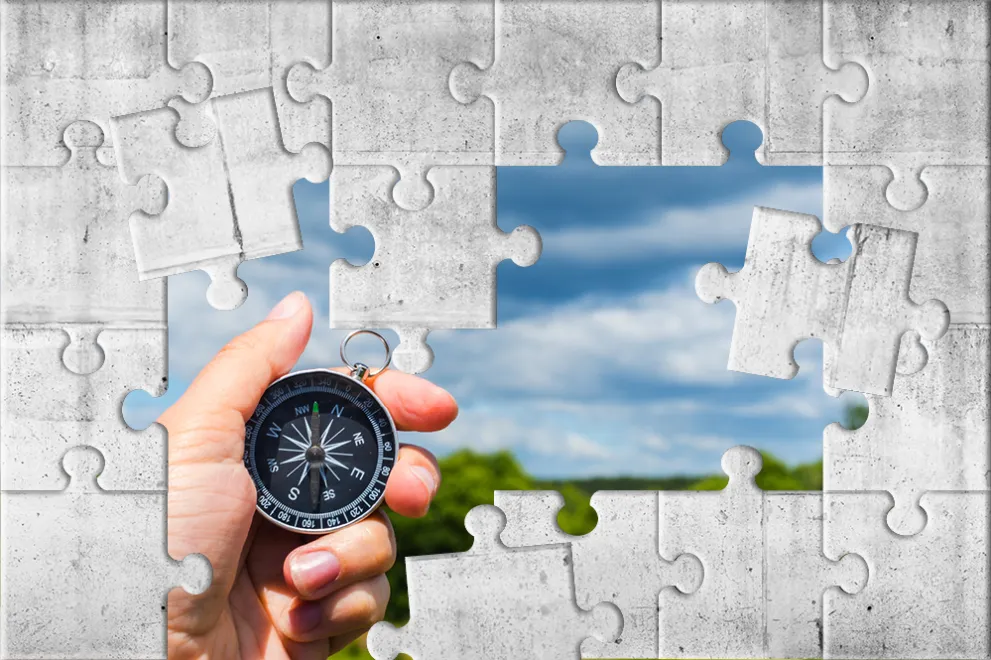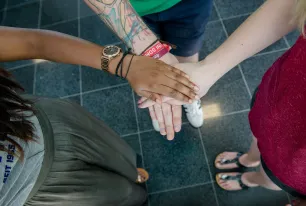"We define sustainability as a pattern of ecological, social and economic action that is intended to ensure comparable or continually improving standards of living for present and future generations."
As a sustainable university, Ruhr University Bochum will make a decisive contribution to the global challenges by 2030 at the latest. This requires binding goals and a sustainability strategy that is supported by the university community.

Sustainability is a basic component of the strategy of a modern university. This does not only include sustainability in administration, operations and construction, but also content in research, transfer and teaching.
The complex set of sustainability goals involves challenges and opportunities. By 2030 at the latest, the projects layed out in our mission statement and strategy are to be achieved.
The mission statement sets out: our Ruhr University will be considered a sustainable university by 2030 at the latest. The basis of this goal is our understanding of sustainability.
"We define sustainability as a pattern of ecological, social and economic action that is intended to ensure comparable or continually improving standards of living for present and future generations."
Our mission statement describes the university's drive to move as a community towards a sustainable RUB 2030. In doing so, our Ruhr University is guided by the Sustainable Development Goals of the United Nations.
"As part of our societal mandate, we strive to be the catalyst and pool of knowledge for the creation of sustainability. In
its capacity as a sustainable university, RUB will substantially contribute to the greatest challenges of our world by 2030. In
this respect, we are aligning ourselves with the SDGs, with a particular focus on those in which we already carry out excellent research. We are strategically building up further profile focal areas. As a scientific and educational institution for future generations, as an employer and as a partner in shaping a sustainable future in the city of Bochum and the Ruhr Area,
we are aware of our responsibility and role model function."
In 2015, the United Nations agreed on 17 Sustainable Development Goals, ranging from ending poverty and hunger to climate protection, gender equality or transparency in institutions.
The Agenda for Sustainable Development is a roadmap to 2030 that addresses governments worldwide, but also civil society, the private sector and academia - all of whom are to align their actions with these goals.
The vision is to enable people all over the world to live in prosperity and peace and to protect our planet from further damage. Many members of Ruhr University contribute to the 2030 agenda with their work.
Building on the mission statement, a sustainability task force is currently developing a sustainability strategy. But not on its own: through working groups in the think tank and the sustainability office, students and employees are contributing ideas and impulses.
By no means is this intended to be a top-down process, but rather a cordial invitation to the entire university community.
We aim to present our sustainability performance in a comprehensible and transparent way. The report is intended to be an instrument to communicate how we take on social responsibility. In doing so, we are guided by the university-specific sustainability code of the German Council for Sustainable Development.
Students, technical and administrative staff, academic staff, alumni, the city's population and everyone who feels attached to Ruhr University: Our community is diverse, interested and committed and there are opportunities for everyone who is looking for information or wants to make a contribution.

National networks
International networks